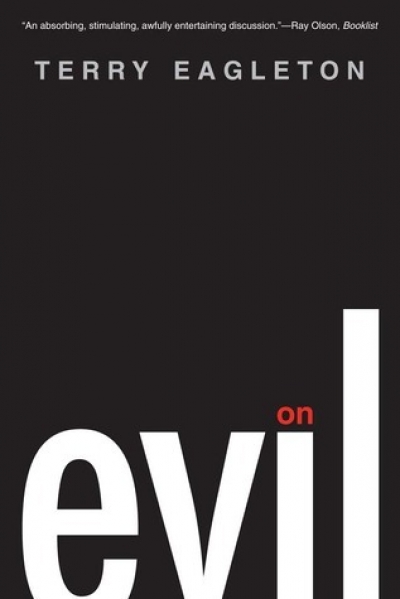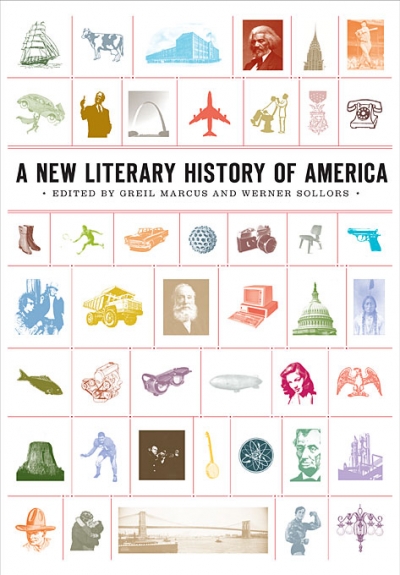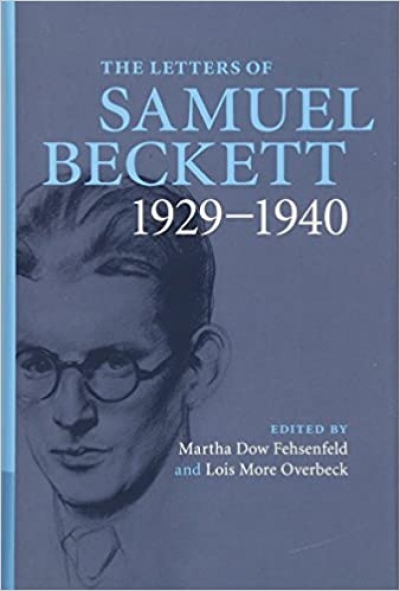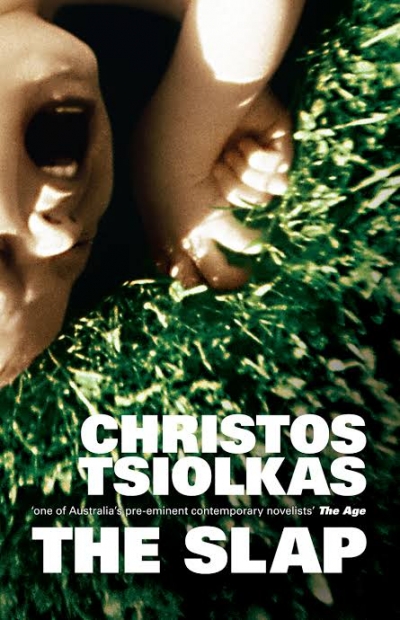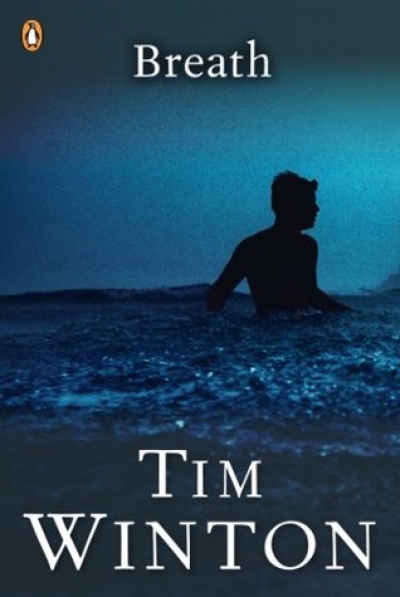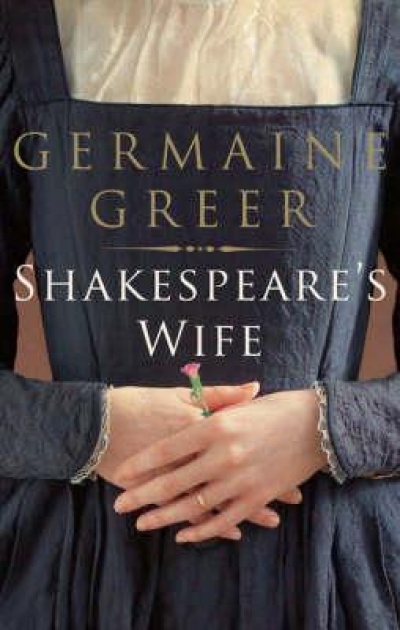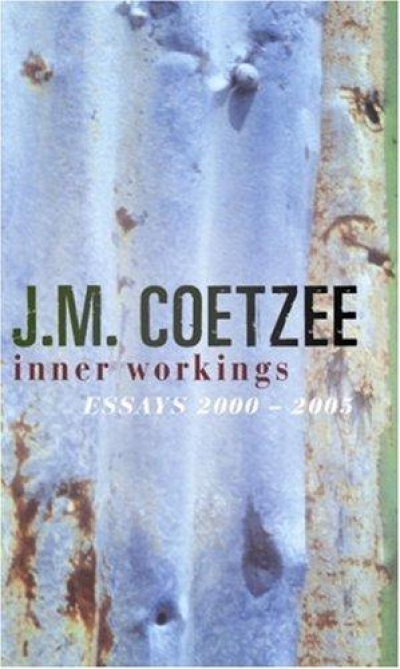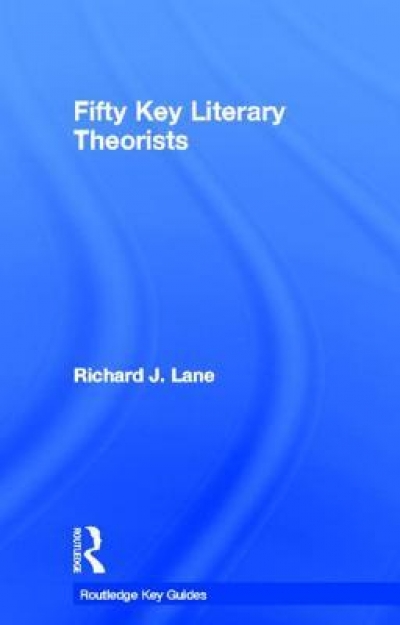James Ley
A New Literary History of America edited by Greil Marcus and Werner Sollors
by James Ley •
The Letters of Samuel Beckett, Vol. 1: 1929–1940 edited by Martha Dow Fehsenfeld and Lois More Overbeck
by James Ley •
Real what?
Dear Editor,
I have followed with interest the dispute between John Carmody and James Ley that proceeded the latter’s exceptionally sensible and even-handed review (March 2007) in which Mr Ley criticised those who maintain the divide between high and popular culture.
... (read more)Dear Editor,
Brian Matthews makes an eloquent defence of Manning Clark’s Kristallnacht fantasy, but I was surprised to find myself being drafted as a witness simply because I once said that autobiography is ‘a lying art’ (May 2007). Actually, I can’t remember ever having used quite those words, but, as Brian Matthews well argues, memory plays tricks.
... (read more)
